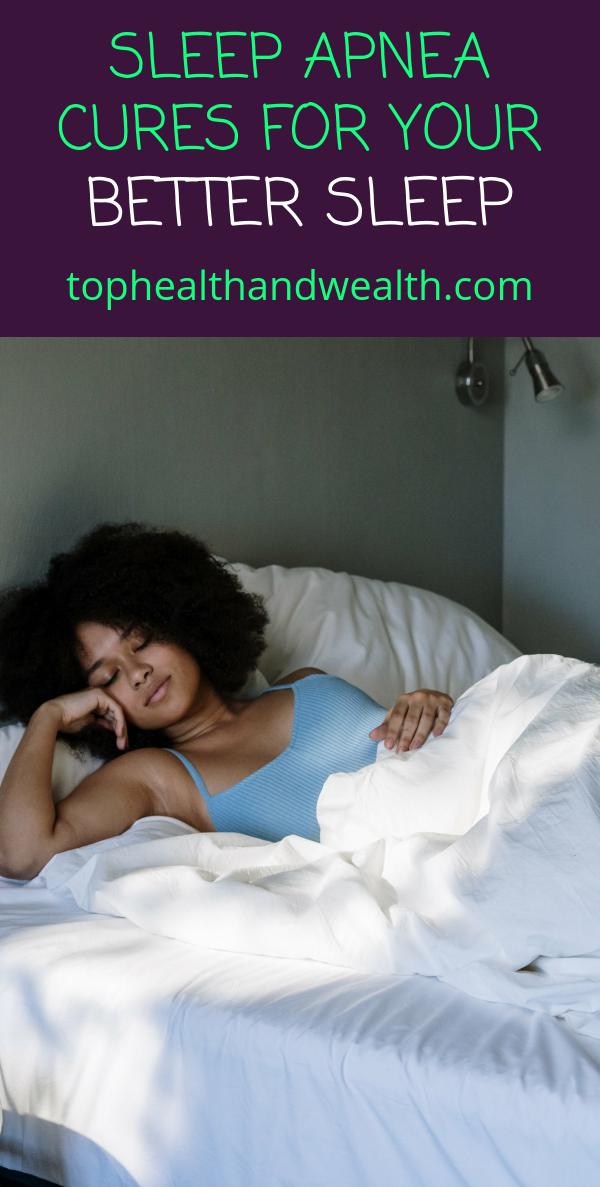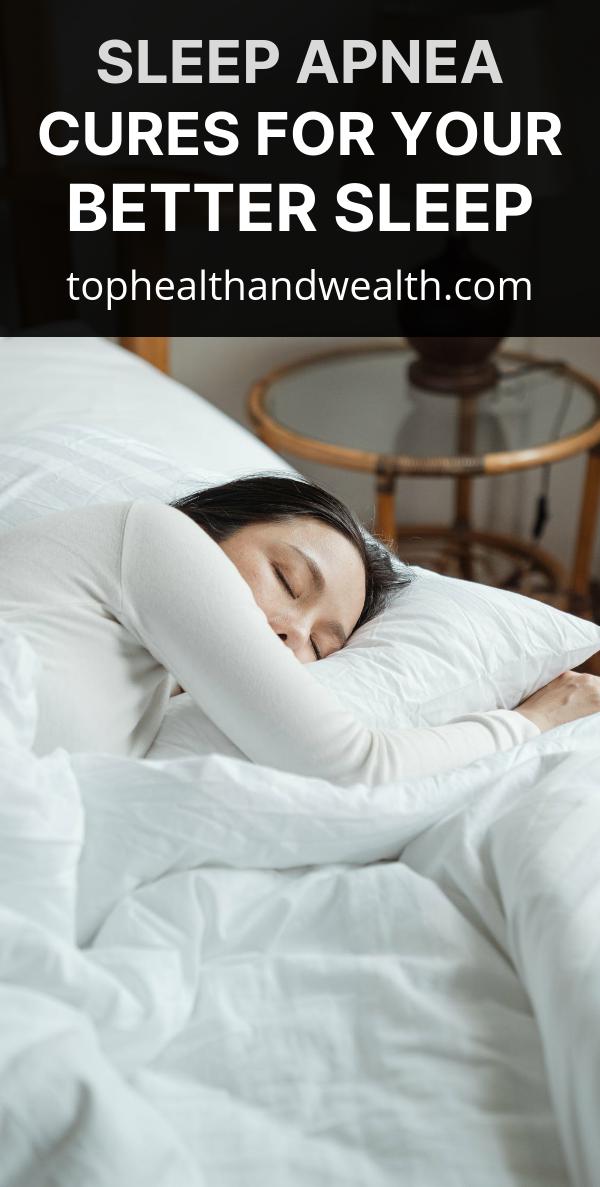Sleep apnea is a common sleep disorder that causes you to stop breathing for a few seconds or for an entire minute. This is usually accompanied by a few other symptoms like an uncomfortable feeling of not being able to breathe, grogginess the next day, and a feeling of drowsiness when you wake up. This sounds bad, but it’s not that dangerous.
Sleep apnea isn’t the end of the world if you are just a minor sufferer. For the most part, it’s only a minor annoyance. It can be treated quite easily. Usually, all you need is a stronger dose of the medication if you don’t already take one.

There are some serious medical conditions that can lead to sleep apnea condition. These include infections like tics and infections, tumors, a neurological disorder, and even heart disease. Each of these can put you at risk for serious problems.
It’s not necessary to wait until you’ve gone through surgery to get sleep apnea treated. You can take a simple test and make sure that your doctors can diagnose you. Even if you are completely healthy and never have had any medical problems, they will still check to see if you have sleep apnea.
If your doctor suspects that you have sleep apnea, there are three different types of treatment. The first is the most invasive and it’s known as a surgical procedure. The second is the least invasive, and it involves placing a device in your throat to keep your airways open while you sleep.
The third option that your doctor may consider is getting you to wear a special device to help prevent sleep apnea. These devices aren’t exactly cheap, but they are really well made and are very effective. However, you should check into these before having them put in.
These options for treating sleep apnea include the oral appliance, the nasal strip, and the continuous positive airway pressure device. Each of these options is relatively inexpensive and usually offers a range of different approaches for different levels of severity. Each of these methods works quite well in the long run.
The best thing about such devices is that they are virtually painless. They also work, although your doctor may need to adjust the device in your mouth a little bit before you start sleeping with it. No special training is required to use them, and the best thing about these things is that they are practically maintenance-free.
You might have thought that treatment for sleep apnea would involve a doctor’s office visit. Well, that’s not necessarily true. Your doctor might send you for a special overnight test where you’re put on a special feeding tube, or maybe he might order a special machine that clips on to your jaw.

But it’s not likely that your doctor will send you for sleep apnea surgery. Yes, a procedure like this does take a while to heal, but in the long run, it can be extremely beneficial. Some patients with severe sleep apnea can improve a lot. The procedure used to be reserved for major cases, but now doctors aren’t afraid to do it for minor cases either.
While there is no real guarantee that you’ll get rid of sleep apnea on your own, there is a good chance that you will get better. If you’ve been trying to sleep well but can’t seem to sleep well at night, there’s a good chance that you might be suffering from a more serious medical condition than you think.
